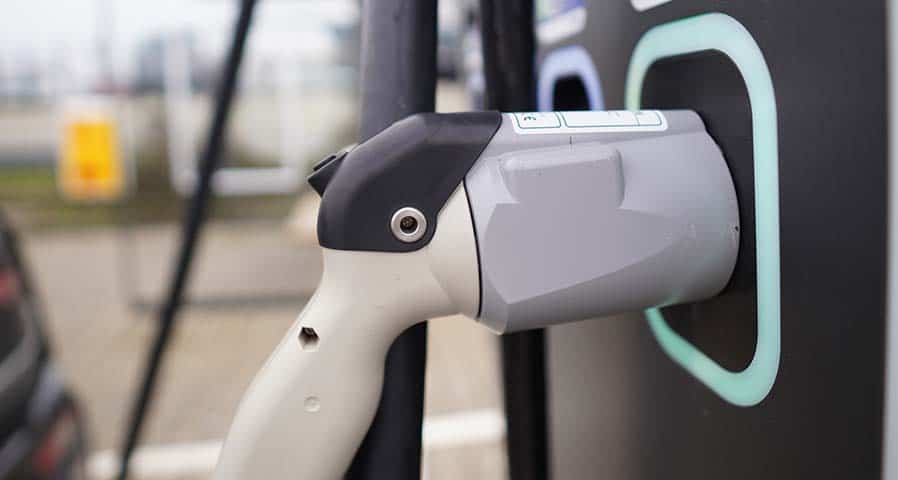You EV charging infrastructure is complete. However, you still have several other considerations. It includes electricity and maintenance costs, along with pricing and fees to access the chargers. Don’t forget about collecting usage data from the chargers, it’s something else to consider.
Cost Of EV Charger Operation
Below we are going to review the often overlooked management operations every EV charging networks needs once up and running.
Electricity Costs
Electricity costs are measured in kilowatt-hours (kWh). These costs are typically based on the highest, average 15-minute use over the monthly billing period. DC or direct-current chargers often trigger higher usage charges than AC level 2 stations. You can offset some of the costs by taking advantage of off-peak rates and incentives offered by some utility providers.
EV Charger Maintenance Costs
EV charger maintenance includes keeping the stations clean and free of debris. Various components require routine inspections, and the cables should be mounted using a cable management system. Some repairs may also be necessary over time.
Warranties can help offset some EV charger maintenance costs, but the insurance also comes at a price.
Establishing responsibility for maintenance costs is a priority. Even a broken cable is an expensive repair. Leased EV charging stations are often the responsibility of the unit, site, or installer, but it’s a good idea to know before finishing the installation.
Most EV station owners should expect to pay around $400 annually on maintenance. Most charging networks also offer insurance and warranties, but these can range from $800 and higher. Creating a budget will help you determine if additional warranties and insurance are necessary.
Did you know that Apogee Charging Solutions is one of the only US EV charger companies to offer EV Charger Management Services? Once your EV charging network is up and running, who is going to manage the operations, maintenance, pricing adjustments, and reporting? Let our EV charging management team assist you in your operations, schedule a call today!
EV Charger Operation Fees
Charging fees can help owners and operators generate a new revenue stream. It can also help offset procurement, installation, and maintenance costs. You can collect the charging fees online, via an app, or at the charger. Smart charging networks should always facilitate transactions. Non-network charging stations can use mobile apps, in-person payments, or RFID (radio-frequency identification).
The FEMP Workplace Charging Program Guide offers examples, along with a fee calculator.
Pricing Structures
You have options on how you structure EV charging pricing. You can charge by the kilowatt-hour, session, time the EV is plugged into the charger, or by subscription. Placing a fee on EV charger use is becoming more common, but it’s also estimated over 25% of public charging stations are free. It’s something to consider if there is a free public EV charger close to your location.
EV charger owners and operators can also use a pricing tier. Some businesses offer a lower charging rate to members/residents versus non-members. Including free charging for VIPs is another option while still accessing a fee on others.
To learn more about pricing structures and return on investments, the Financial Viability of Non-Residential Electric Vehicle Charging Station has some helpful information. You may also want to look at the report from the New York State Energy Research and Development Authority, Assessing the Business Case for Hosting EV Charging Stations in New York.
Open or Members-Only Access
Some EV chargers are open to everyone. EV drivers can pay with a credit card or call the customer service number at the charging station. Open chargers can limit their functionality. For example, drivers can’t check their charging status.
Members-only access requires drivers to be a part of the network. It gives drivers full access to the network’s services and features. It can also make it easier for them to pay for the charging session.
Data Collection
Capturing and reviewing charger data is a crucial part of station management. Charging networks typically come with an online portal for remote monitoring. Non-networked chargers can also be monitored with the addition of a separate electrical meter. Third-party software is another option.
EV Charger Operations and Maintenance with Apogee Charging Solutions
With Apogee Charging Solutions you no longer have to worry about who will operate, manage and maintenance your EV charging network. Our EV charger management services can cover all of your operational needs.
To speak with an Apogee Charging Solutions expert about our turn-key EV charging solutions including EV charger management services, call 484-816-2076, email [email protected], or you can schedule a call that fits your needs by clicking the button below.








0 Comments